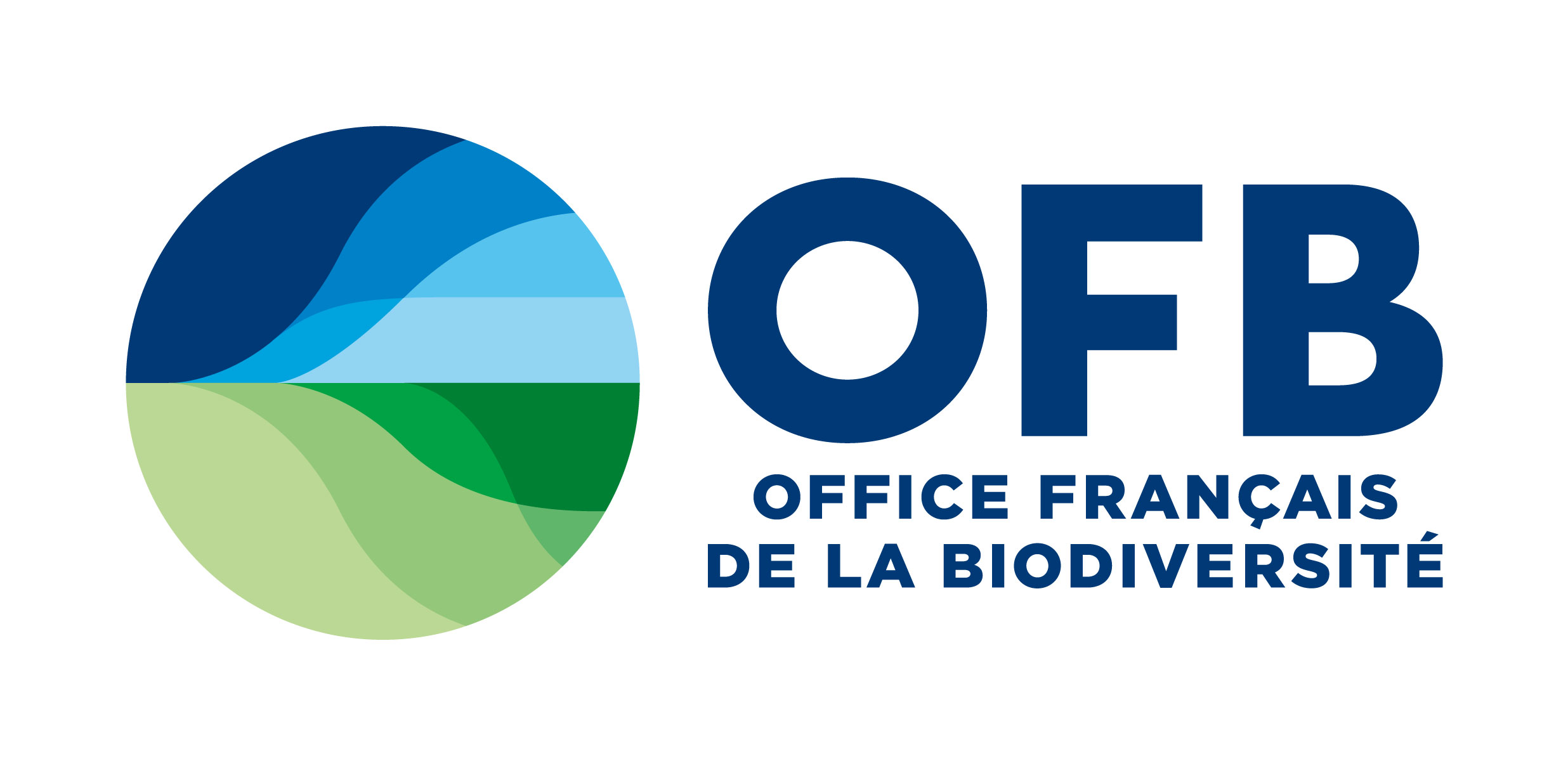National working group “Biological invasions in aquatic environments”
Created in 2008 and co-lead by Onema and Cemagref, then by the French Committee of the International Union for Conservation of Nature (IUCN) and the French Agency for Biodiversity, the national working group “Biological invasions in aquatic environments (GT IBMA) had for main objective to assist managers and decision makers.
It served as an interface for communication and discussion on IAS management and brought together more than 80 representatives of different stakeholders: managers of natural areas, researchers, associations, public institutions, state and local services, etc.
For 10 years, the GT IBMA digested and made accessible the knowledge acquired on the management methods of IAS, produced operational tools (website, management experience feedback, practical guides, etc.). It has also supported the development of strategies and public policies, and has enabled the exchange of information and the networking of stakeholders.
Building on its 10 years of experience, its positive results and the dynamic generated, the GT IBMA has now become the Scientific and Technical Expertise Network (REST) of the Resource Center. It has expanded to terrestrial and marine environments to deal with all environments affected by biological invasions. Pillar of the Resource Center, the REST is mobilized to contribute to the development of tools, the identification of needs, the dissemination of knowledge or the development of training, and it supports the implementation of policies public authorities on EEE.


IBMA highlights
- Master 2 internship: Invasive alien species in France: risk assessment in relation to the application of the European Water Framework Directive (Mazaubert, 2008)
- Creation of the working group and signature of the Onema / Irstea convention
- First meeting of the GT IBMA (2009)
- Start of work on the list of species and on risk assessments
- MSc 2: Global Changes and Biological Invasions: Impacts on Aquatic Ecosystems, Risks to Indigenous Communities and Future Management Options (Suffran, 2009)
- Survey on invasive alien species and their management in aquatic environments
- Organization of two courses on biological invasions in aquatic environments (2009 and 2010)
- Establishment of a national strategy: collaboration with the two technical coordinators of the ministry in charge of ecology
- National IAS conference in October 2010
- Investigation of management practices (database creation, second phase preparation, etc.), analysis and transfer of results.
- Development of a guide of good practices and writing of the first feedbacks of management experience
- Publication of the special issue of SET magazine on biological invasions
- Development of an analysis integrating different aspects of the management of IAS in a pilot site: case study “Management of Ludwigia on the territory of the Natural park of Brière”
- Participation and involvement of group members in different territorial, national and international events
- Online website, logo (2012)
- Continuation of the animation of the group through a new partnership UICN France and Onema
- Drafting of the best practices guide and first feedbacks of management experiences
- First issue of the newsletter
- First delocalized meeting of the working group (Nîmes, 2015)
- Publication of the practical guide “Invasive alien species in aquatic environments: practical knowledge and management experiences” (3 volumes, 2015 and 2018)
- Translation of tools in English (feedback from management experiences, publications and website)
- online information data base and new website design
- Participation in drafting the national IAS strategy
- Publication of a scientific article on the working group in an international journal, Management of biological invasions
- Publication of the study “Making use of invasive alien species settled in natural environments. An effective approach to management?”
- Opening to marine and terrestrial environments – Evolution into the French IAS Resource Center.


